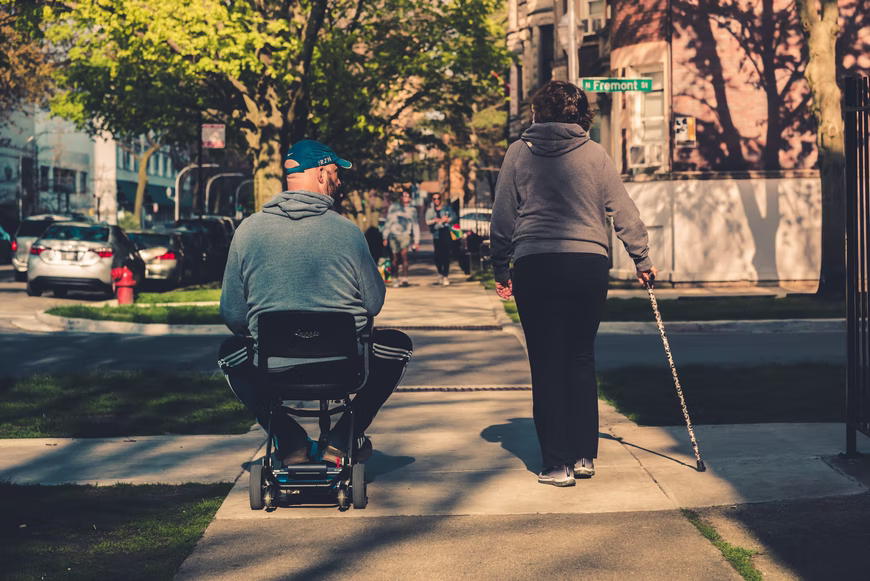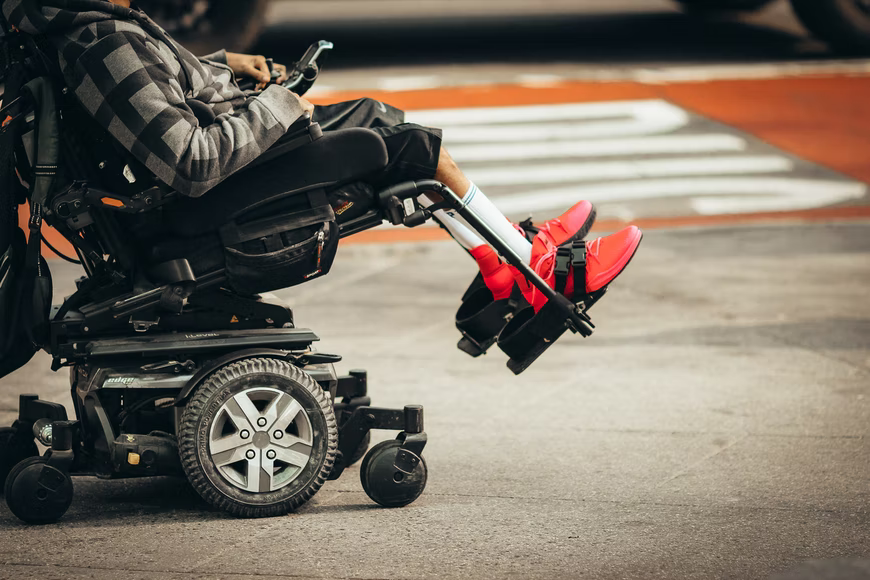If you struggle to perform your daily routine due to mobility issues, you can benefit from getting a mobility scooter.
Whether you want to move around your garden or entire property, visit a friend or local shop, or simply explore places independently, mobility scooters are a convenient and easy-to-use solution. Apart from being economical to run and operate, they require a low level of maintenance.
But before you go buying the first mobility scooter you get your hands on, there are a couple of things you have to consider. These factors will help you find the best mobility scooter depending on your needs and are discussed in detail below.
- Match Your Scooter to Your Needs
You need to make sure that the features in the scooter you choose match your specific requirements. These features should also be relevant to your particular circumstances. For instance, if you experience recurring back pain, you may want to go with a mobility scooter with a softer suspension.
Another important factor that tends to be overlooked is the overall weight of the scooter’s user. It’s an essential consideration that you should pay attention to when looking for scooters. A 4 wheel mobility scooter is great for a specific weight limit. However, these scooters also come with a greater weight limit.
It’s essential to check that you’re within the set weight limit, as you may invalidate your warranty and shorten the life of your mobility scooter’s motor if overweight. If you think your weight may fluctuate during your time with the scooter, you should choose a scooter that offers you flexibility if you add weight.
- How Often Do You Intend to Use it?
You should consider how often you will be using your mobility scooter before getting one. Do you want to use it around your home, or intend to travel with it when you go out? If you’re going to be on it regularly, you should go with one that is easy to disassemble and lightweight or a mobility scooter that folds up.

For long travels and journeys, go with a scooter with portable batteries for easy carry. This will allow you to charge the batteries when you’re not using the mobility scooter.
- Where Will You Use the Mobility Scooter?
If you’re using your mobility scooter indoors, you’ll need to go with one with a small turning circle for easy maneuverability and compatibility. If you don’t have much space around your home, choose a scooter that folds when not in use for easy storage. Also, consider a scooter with low speeds.

If you intend to use a mobility scooter outdoors, it needs to be robust rather than a portable one so it can easily handle the uneven ground outside.
Stability and speeds are also important, so go with a 4-wheel mobility scooter. You should also choose puncture-proof tires for more durability when covering the stony, uneven ground.
The only drawback with outdoor scooters is that they are overly large and have bigger turning circles, making them hard to maneuver for seniors.
- Does Portability Matter?
Another critical consideration is whether your mobility scooter needs to be portable or not. By nature, scooters are relatively heavy pieces of equipment. After all, they’re made up of large batteries, axles, and motors.
On the other hand, portable scooters are designed with lightweight and smaller components. They are also easy to dismantle, so lifting them to the car boot is more manageable.
However, portable mobility scooters are made keeping weight in mind, so they are often less comfortable than large non-portable ones. The seats have less padding and are fixed in one position.
Portable scooters also have a low ride height, making them difficult to navigate through curbs and nasty terrain. A midsize or road legal scooter will be a better option if you don’t need a portable scooter.
- Are There Any Movement Restrictions in Your Home?
Before getting a mobility scooter, measure the width of your front gate so you don’t buy a scooter that will not be able to access your home— unless you plan to make the gate wider.
You should also consider your front door’s width if you intend to use your scooter indoors. If not, think about where you’ll store it. Will it go inside your garage, or will you use a secure container?

If your front door has steps, you probably need to install a ramp so the scooter can get inside the house. You should also consider where you live. If you live in shared accommodation or a block of flats, will the scooter stay in the hallways outside, will your landlord agree, or is there some sort of alternative storage solution?
Conclusion
Mobility, or lack thereof, is the leading form of disability in seniors, and a mobility scooter will go a long way in improving their quality of life. Mobility scooters are an excellent option for moving around, but they have some drawbacks. For starters, it’s unlikely to be accepted on public transport or taxis unless you can demonstrate that your mobility scooter can fold or be dismantled enough to be accepted on public transport. Before deciding on a mobility scooter, seek professional advice from experts to know what to get according to your needs.




